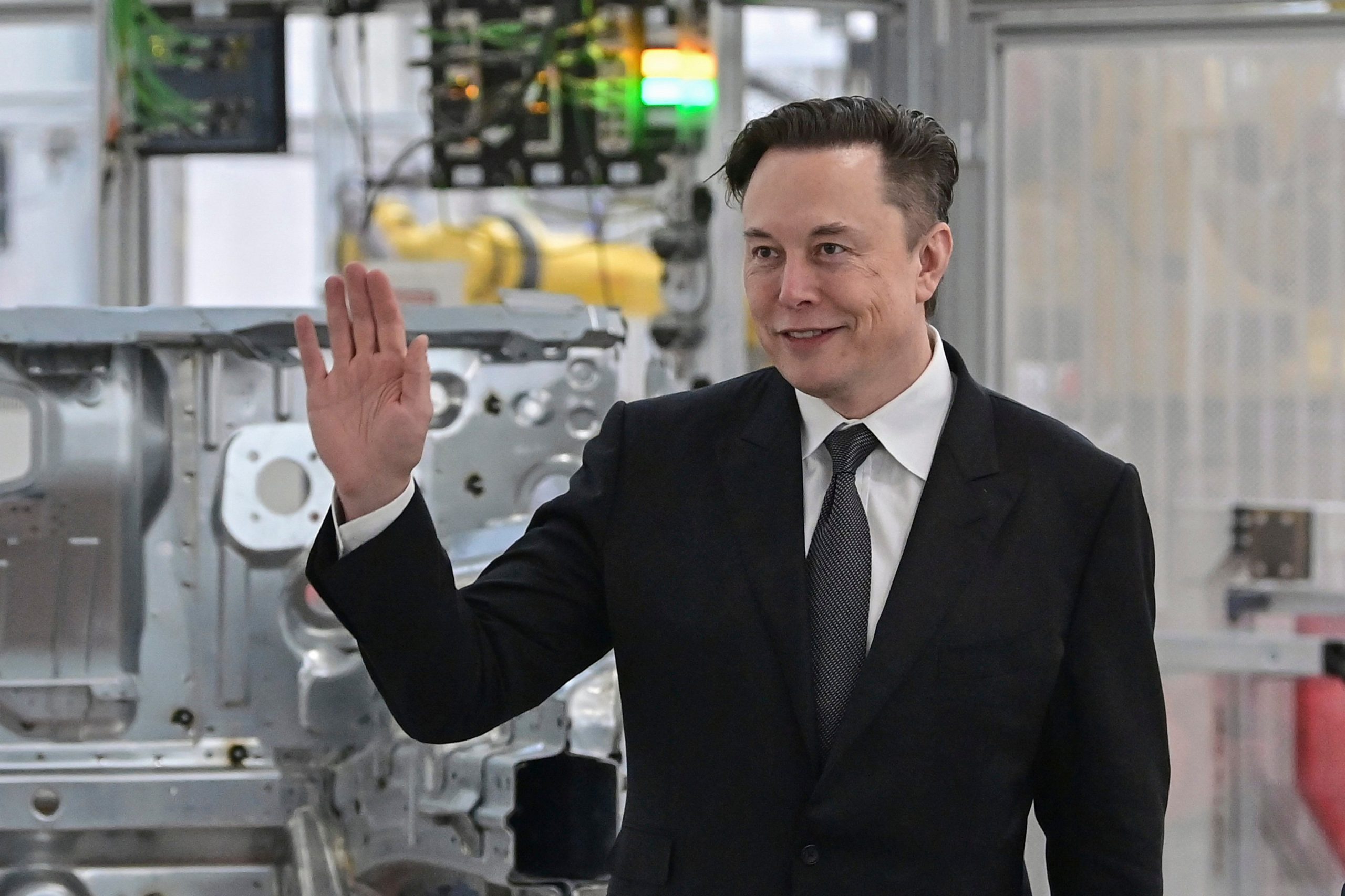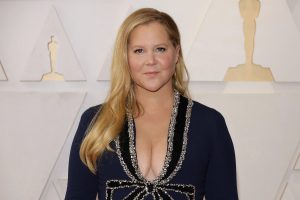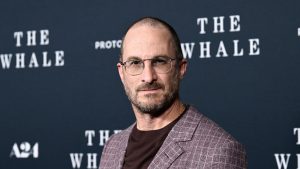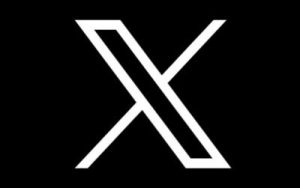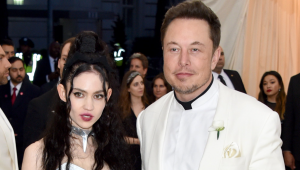Elon Musk took over as the new owner of Twitter Inc. on October 27, ousting top employees he accused of misleading him. Musk fired Twitter’s CEO Parag Agrawal, CFO Ned Segal, and head of policy and legal Vijaya Gadde, according to the New York Times.
The $44 billion takeover began on April 4, when Musk said that he acquired a 9.2% stake in the firm, making him the largest shareholder. He stated that he intended to wipe up spam accounts, and his attorneys subsequently charged Twitter for failing to respond to his queries for information on the matter.
Musk, however, changed his stance about the purchase by mid-May, expressing worries that the number of spam accounts on the microblogging site was higher than Twitter reported. He then stated that he no longer wanted to proceed with the $44 billion deal. Twitter filed a lawsuit claiming that the billionaire was legally committed to purchasing the firm.
When Musk was scheduled to be deposed by Twitter’s lawyers ahead of the start of their trial in early October, he offered to close the deal.
Who is Elon Musk?
Elon Musk is a South African-born American entrepreneur who co-founded PayPal and SpaceX, a manufacturer of launch vehicles and spacecraft. He was also one of the first substantial investors in, and the CEO of, the electric vehicle firm Tesla.
Musk was born in South Africa on June 28, 1971, to a South African father and a Canadian mother. He showed an early aptitude for computers and entrepreneurship. He produced a video game at the age of 12 and sold it to a computer magazine. Musk left South Africa in 1988, after acquiring a Canadian passport, because he was hesitant to support apartheid via compulsory military service and wanted the better economic prospects available in the United States.
Also Read | Elon Musk wants to end $44 billion Twitter deal over non-compliance of ‘contractual obligations
Musk attended Queen’s University in Kingston, Ontario, before transferring to the University of Pennsylvania in Philadelphia in 1992, where he earned a bachelor’s degree in physics and economics in 1997. He enrolled in graduate physics at Stanford University in California but quit after just two days because he believed that the Internet had far greater potential to influence society than scientific study.
In 1995, he launched Zip2, a startup that delivered online newspapers with maps and business directories. Zip2 was purchased by computer maker Compaq for $307 million in 1999, and Musk subsequently launched an online financial services firm, X.com, which ultimately became PayPal, which specialised in online money transfers. PayPal was purchased by eBay for $1.5 billion in 2002.
Also Read | Elon Musk’s Twitter buyout uncertain, nearly 1 million spam accounts ‘removed daily’
Musk has long believed that in order for life to exist, mankind must evolve into a multiplanet species. He was, however, concerned with the high cost of rocket launchers. He created Space Exploration Technologies (SpaceX) in 2002 to create more inexpensive rockets.
SpaceX also created the Dragon spacecraft, which transports supplies to and from the International Space Station (ISS). The dragon can transport up to seven men, and in 2020, it sent astronauts Doug Hurley and Robert Behnken to the International Space Station.
Also Read | Elon Musk fathered twins with top executive Shivon Zillis in 2021: Report
Musk aimed to minimise the cost of spaceflight by constructing a completely reusable rocket that could take off and return to the launch pad from where it took off. SpaceX’s Grasshopper rocket completed numerous brief flights to test such technology beginning in 2012. Musk was not only the CEO of SpaceX, but he was also the chief designer of the Falcon rockets, Dragon, and Grasshopper.
Musk has long been intrigued by the potential of electric vehicles, and in 2004, he became one of the key backers of Tesla Motors (later renamed Tesla), an electric car startup created by entrepreneurs Martin Eberhard and Marc Tarpenning. Tesla debuted its first automobile, the Roadster, in 2006, with a range of 245 miles (394 kilometres) on a single charge. Unlike most prior electric cars, which Musk considered were stodgy and uninspiring, it was a sports car that could accelerate from zero to sixty miles per hour (97 kilometres per hour) in less than four seconds.
Recently, Musk has found himself embroiled in controversy after the founder of SpaceX made serious queries about buying microblogging site Twitter early in 2022.

